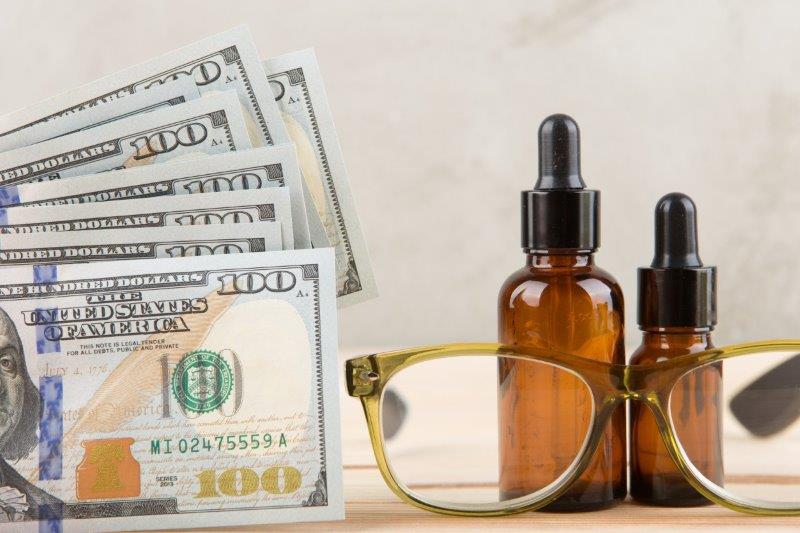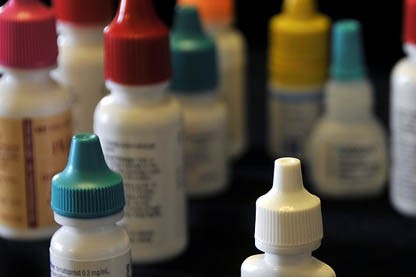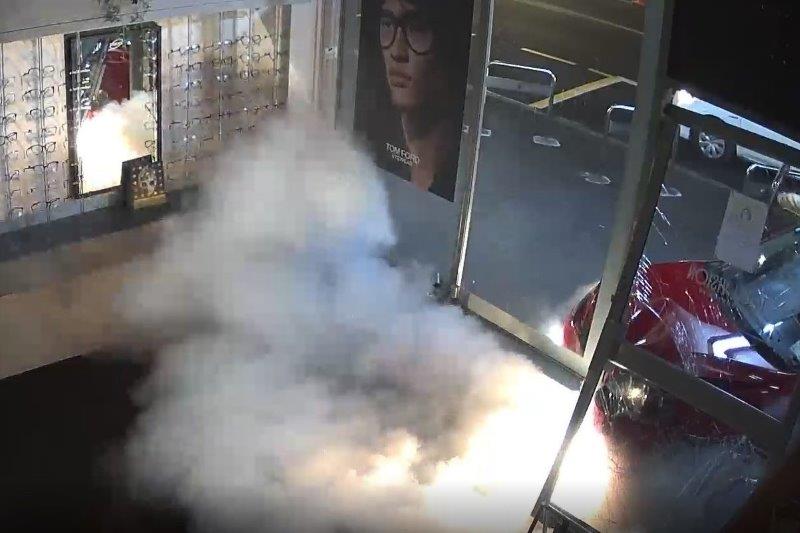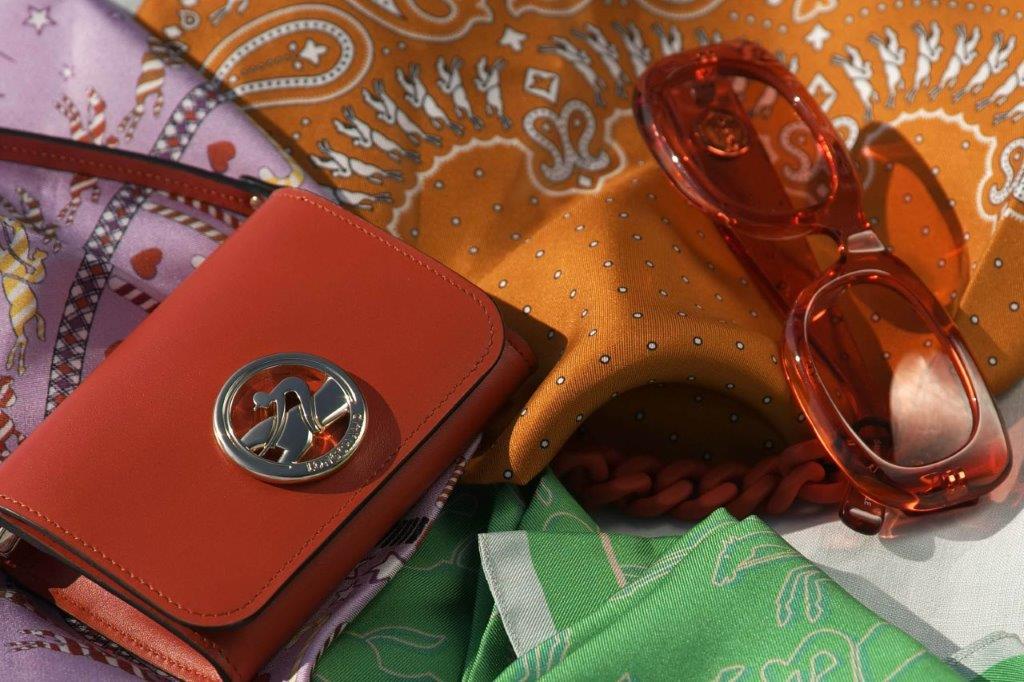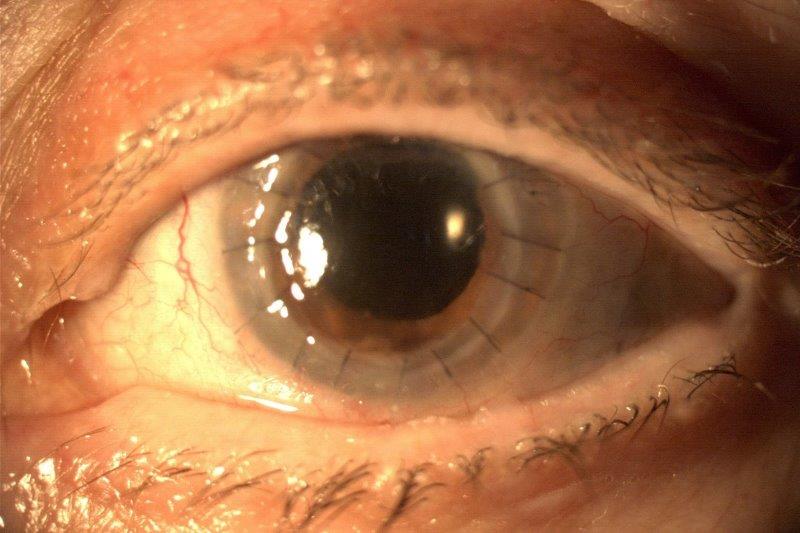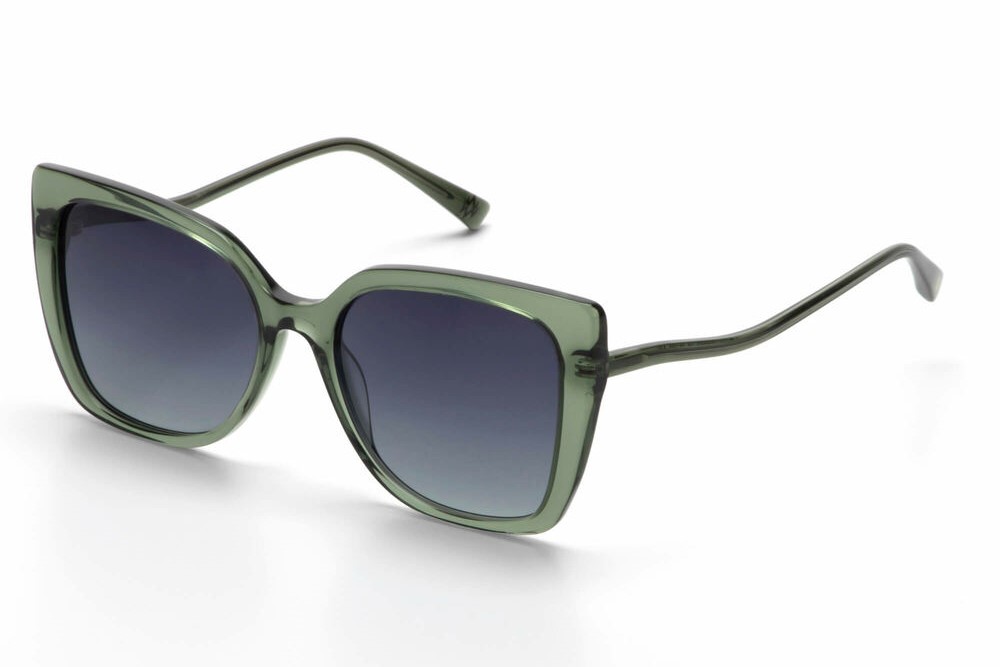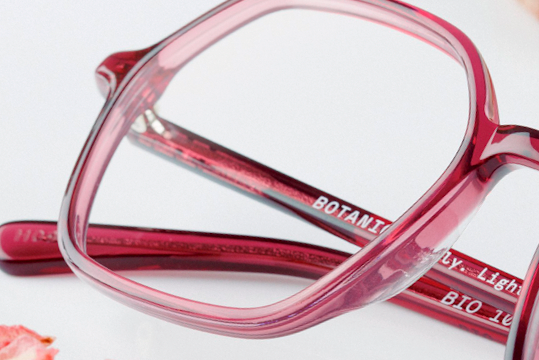Optoms challenge eyewatering costs
Australia’s Young Optometrists (YO) association has challenged the Australian Pharmaceutical Formulary’s (APF’s) regulatory changes to the manufacturing and supply of compounded eye drops, which it says will ramp up costs to patients.
The latest edition of the Australian Pharmaceutical Formulary Handbook (APF25) states that the expiry date for compounded eye drops must comply with USP 797 (a US standard). Thus, under the new regulation, without a sterility test, the maximum expiry assigned is one day at room temperature, or three days refrigerated if compounded from non-sterile raw ingredients, which is how most eye drops (including low-dose atropine, hypertonic saline and ciclosporin) are compounded in Australia, said YO in a statement. Previously, the expiry for a bottle of eye drops was 28 days or up to six months, unopened.
Since few Australian pharmacists offer sterile compounding, many patients require their eye drops couriered to them; so abiding by USP 797 will mean a new supply of eye drops would need to be sent to the patient every three days, which will be costly, said YO, which was approached by pharmacists to help overturn the changes. The alternative under USP 797 is testing each batch of drops for sterility prior to release. In the USA, medication can be compounded in large batches, but this cannot be legally implemented in Australia. Therefore, the patient would have to wait three weeks for each batch of eye drops and bear the cost (an additional AU$350- $450) of each sterility test, said YO.
In its petition to Emeritus Professor Lloyd Sansom and the APF panel, YO urged them to reinstate the previous expiry dates with added safeguards. Having standardised protocols for compounding eye drops in certified sterile facilities would limit the risk of error and ensure compounded eye drops are safe for patients’ use, said YO in its statement.
To sign the petition, see: https://bit.ly/2WN6lq2










